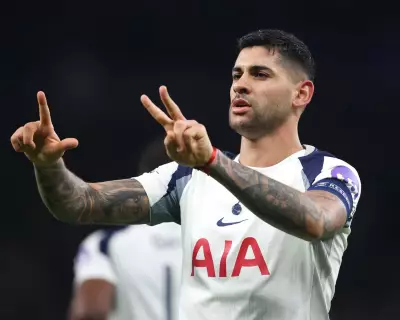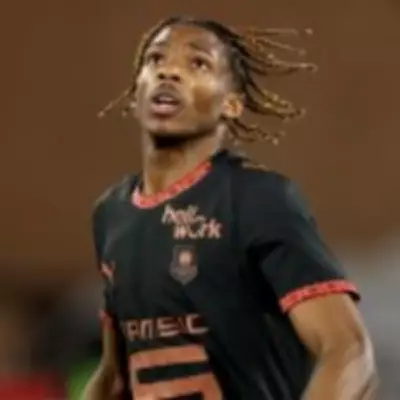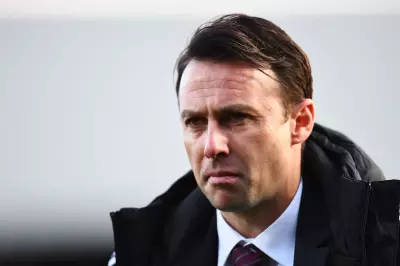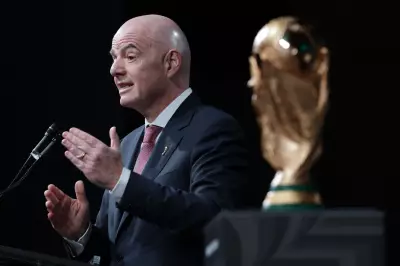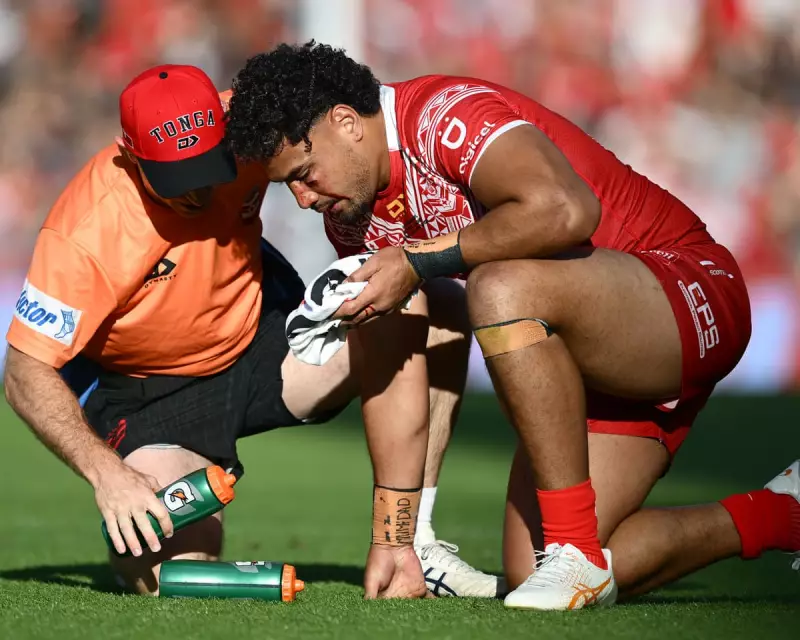
The National Rugby League faces its most serious safety crisis in years following the shocking revelation that Melbourne Storm forward Eli Katoa suffered a brain bleed and terrifying on-field seizure, exposing potentially catastrophic flaws in the sport's concussion protocols.
Horrifying Sideline Scene
During Melbourne's crucial match against the Dolphins, what initially appeared to be a routine head injury assessment escalated into a medical emergency that has sent shockwaves through the rugby community. Katoa, removed from play after a heavy collision, suddenly began convulsing violently on the sideline, requiring immediate emergency intervention from medical staff.
The 24-year-old forward was rushed to hospital where scans revealed the terrifying truth: he had suffered a small brain bleed, confirming every athlete's worst nightmare about head trauma in contact sports.
Protocols Under Microscope
This incident has ignited fierce debate about whether current NRL concussion measures are adequate to protect players from life-altering brain injuries. Critics argue the system failed Katoa at multiple levels:
- The initial on-field assessment apparently cleared him to leave the field unassisted
- The catastrophic seizure developed minutes later while under medical supervision
- The brain bleed diagnosis suggests impact forces far beyond what protocols anticipate
Storm's Emotional Response
Melbourne Storm coach Craig Bellamy appeared visibly shaken when addressing the media, his voice trembling with emotion as he described the traumatic event. "It was one of the most frightening things I've witnessed in all my years in rugby league," Bellamy confessed. "Seeing a young player in that condition... it puts everything into perspective."
The club has confirmed Katoa will remain in hospital under close observation, with his playing future now hanging in the balance as specialists monitor his recovery from the cerebral haemorrhage.
Rugby League's Watershed Moment
This incident represents a potential turning point for player safety in professional rugby. Former players, medical experts, and player associations are uniting in their demand for immediate reform, calling for:
- Mandatory longer observation periods after head impacts
- Advanced scanning technology at major venues
- Independent neurological consultants at all matches
- Stricter return-to-play protocols for brain injuries
The NRL has launched an urgent review into the handling of Katoa's case, while players across the league are confronting the sobering reality that the very protocols designed to protect them might be insufficient against the brutal physics of modern rugby league.
As Katoa begins his uncertain recovery journey, his ordeal serves as a stark reminder that in the collision between sporting tradition and medical science, player welfare must always prevail.

